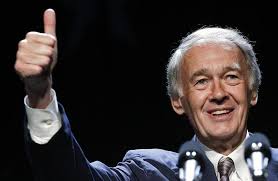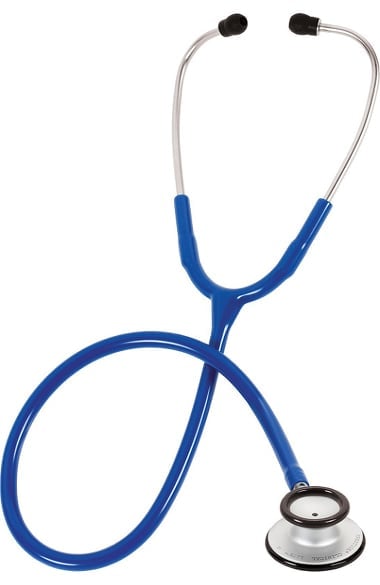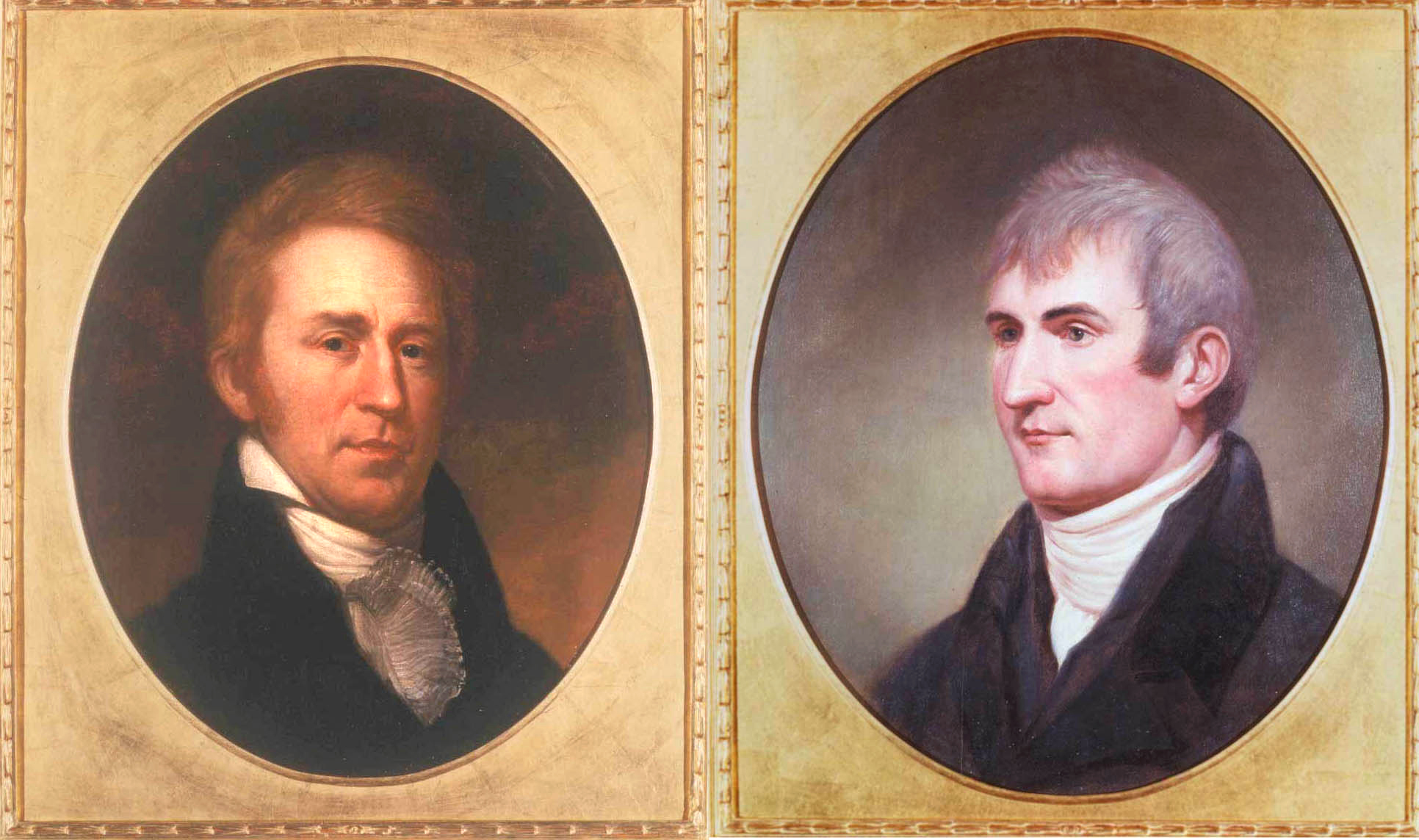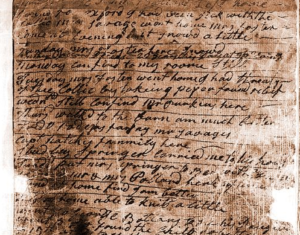End of Spring 2019 Semester (April 24 – May 10)
by Prof. Hangen - April 24th, 2019
Here is the rundown of modified deadlines and dates for the remainder of the semester, the all-online portion of the class.
Friday, April 26: Response #4 is due by 11:59 pm. The journals close (i.e. will be unavailable) after that. The prompt for Response #4 is in the back of the syllabus.
Monday, April 29: Post your Health Ad video project to Blackboard Discussion Board (Course Dialogue) in a post by 11:59 pm.
Monday, April 29: Honors students, finish your work on the Glossary by 11:59 pm.
Tuesday, April 30, Midnight: Glossary (Google doc) opens up for the entire class to view and study from.
Wednesday, May 1: Vote for your three top video choices by 11:59 pm. Use the link on Blackboard Unit 3 to a Google form. I will then list the 16 vote-getters in an elimination bracket which will be run on Blackboard between May 3 and May 7.
Friday, May 3: Vote for your favorites in each of the 8 contests (16 –> 8)
Submit your Policy Ad reflection paper to Blackboard Unit 3 by 11:59 pm.
Over the weekend May 4-5: Vote for your top favorites in each of the 4 semi-final contests (8 –> 4).
Monday, May 6: Vote for your favorites in the final round (4 –> 2) Submit your two exam questions on Blackboard Unit 3, using a Google Form, by 2:00 pm.
Tuesday, May 7: Vote for your #1 champion ad. Honors students finalize their version of the exam.
Thursday, May 9: Final exam (take-home online final) is released on Blackboard. You have 48 hours to take it, due Friday May 10 at 11:59 pm. “Force completion” will be turned off, so you can work on it until you’re ready to submit.
Thanks, everyone, for your hard work and making this class a successful learning experience for yourselves, each other, and for me! Have a great summer. And stay healthy 🙂







